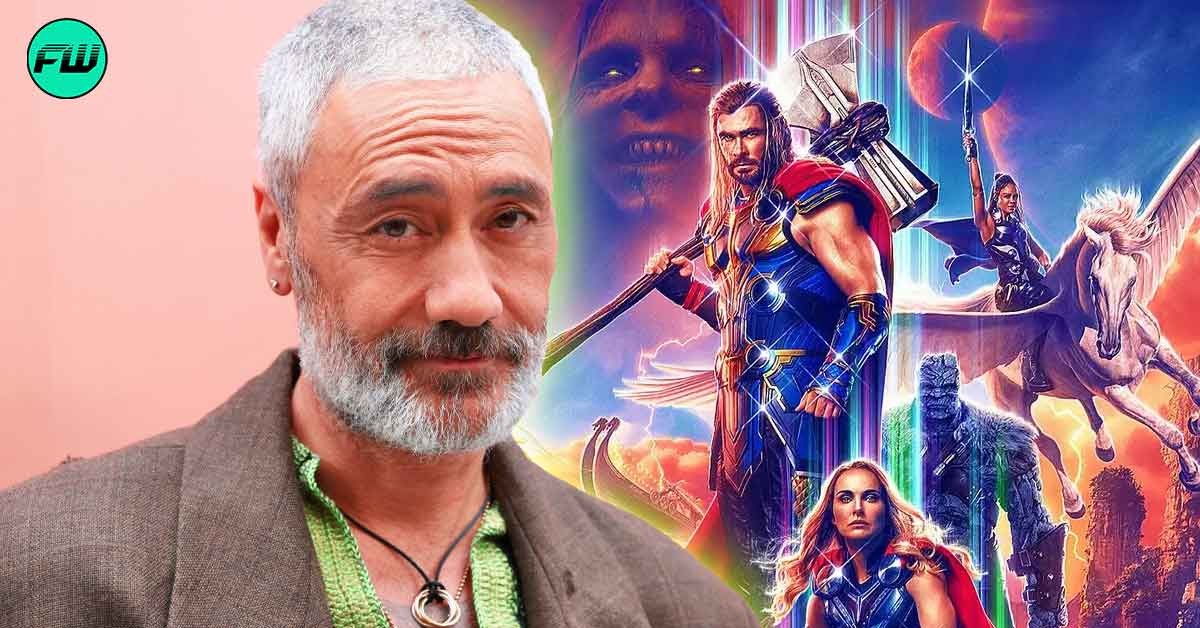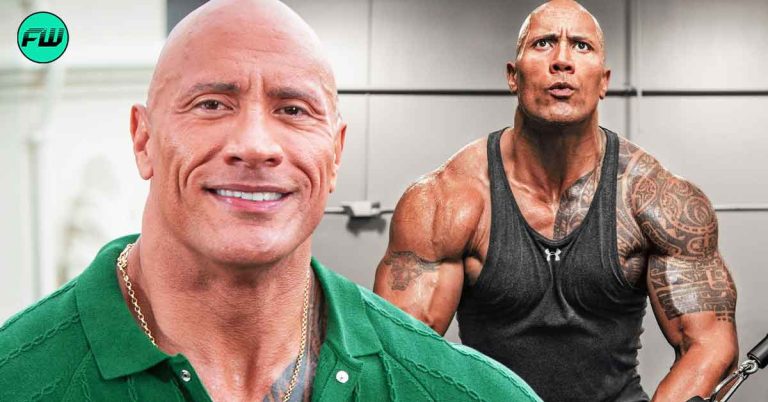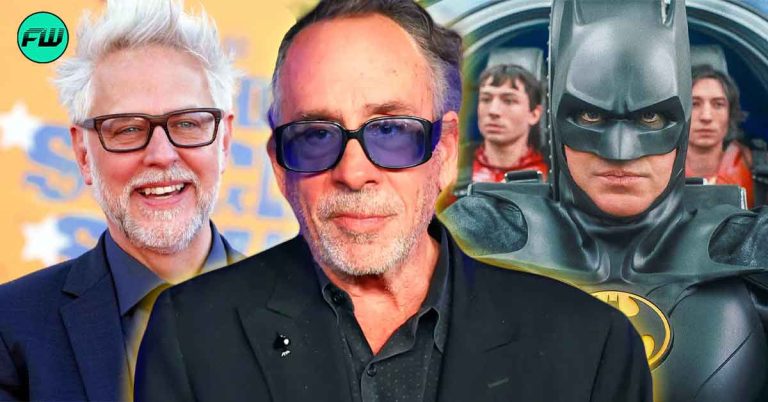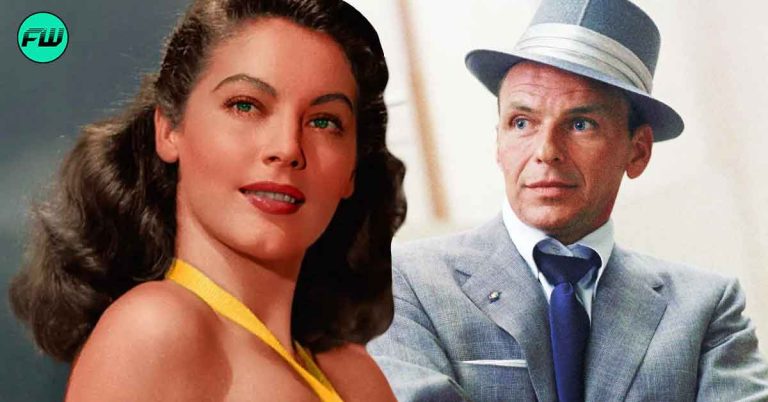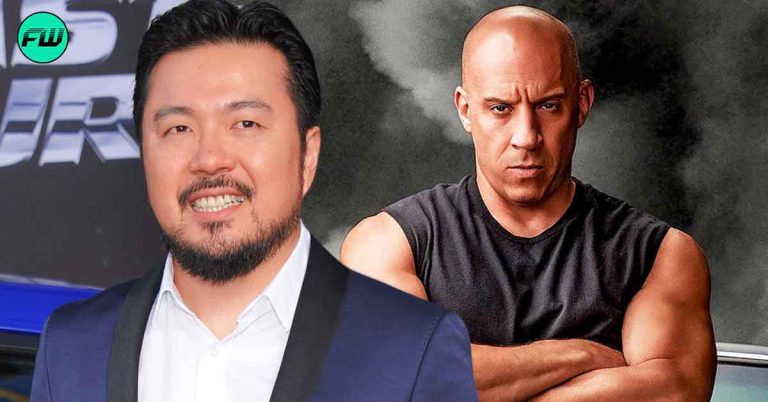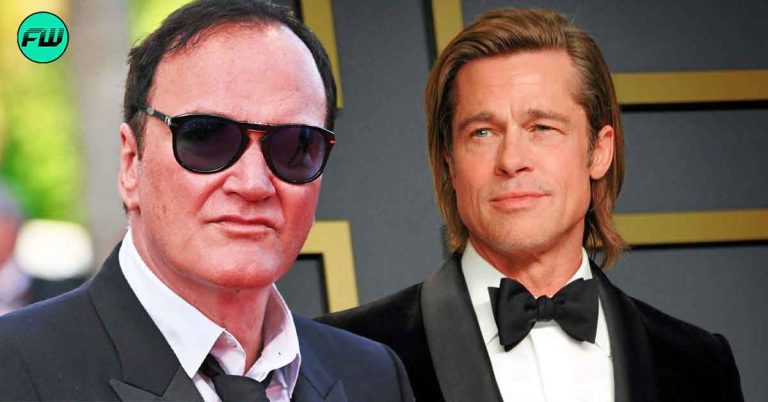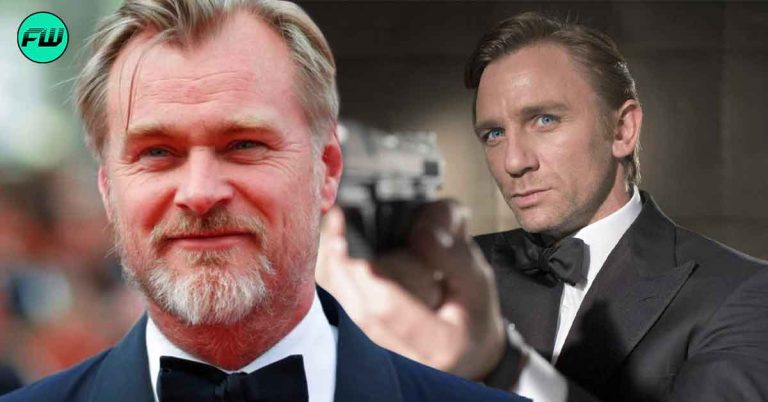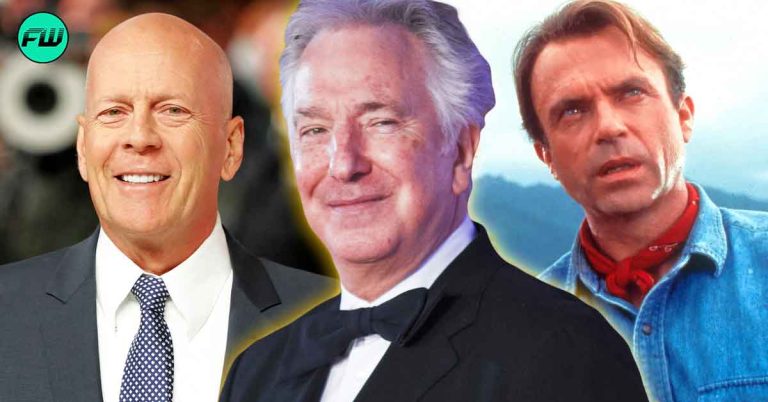Taika Waititi has been widely praised for his exceptional directing style. Capturing a sense of childlike wonder, his narratives allow moviegoers to engage deeply with a world that embodies such sentiments.
His works, including Jojo Rabbit, Boy, Hunt for the Wilderpeople, and Thor: Ragnarok, offer a unique blend of brilliance and absurdity. Waititi’s unconventional approach to filmmaking is a testament to his creativity and ability to think outside the box.
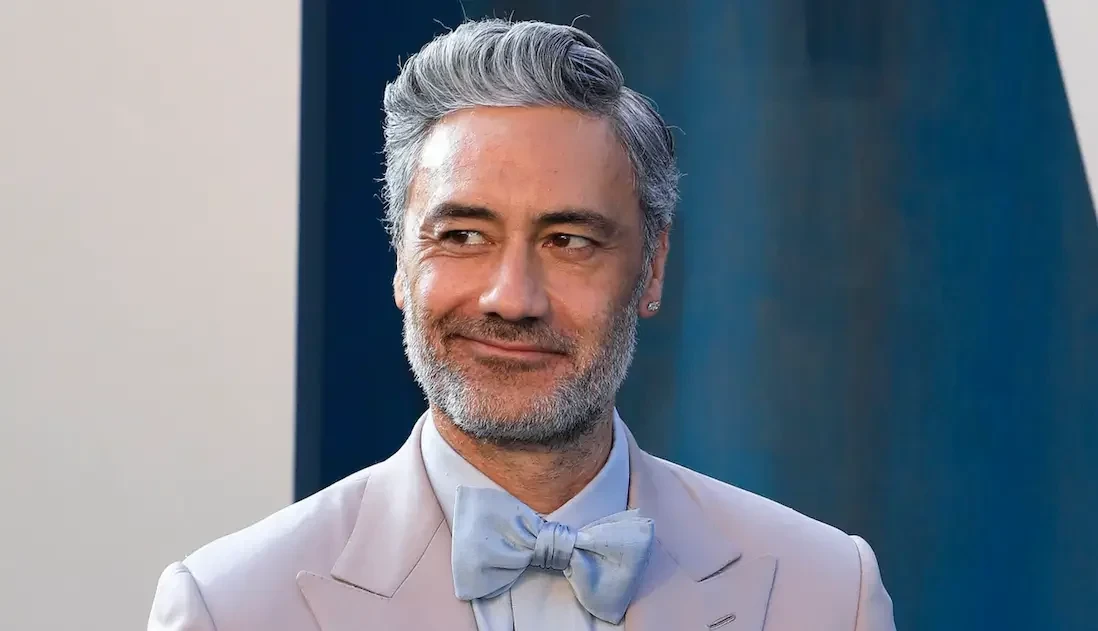
Read also: $69M Non-Marvel Chris Hemsworth Movie is the One That Got Him a Rare Streaming Record
After the immense success of Thor: Ragnarok, fans eagerly anticipated what else the New Zealand auteur had in store. Thor: Love and Thunder gave MCU fans another chance to experience the director’s off-beat vision. Alas, what awaited them was perhaps one of the franchise’s most critically lambasted endeavors.
What could be blamed for its failure to resonate with audiences — the story, the characters, the lackluster humor, or the director himself? Turns out, it may have been due to the tedious and restricting nature of working for a big-budget production.
How Taika Waititi Subverts People’s Expectations
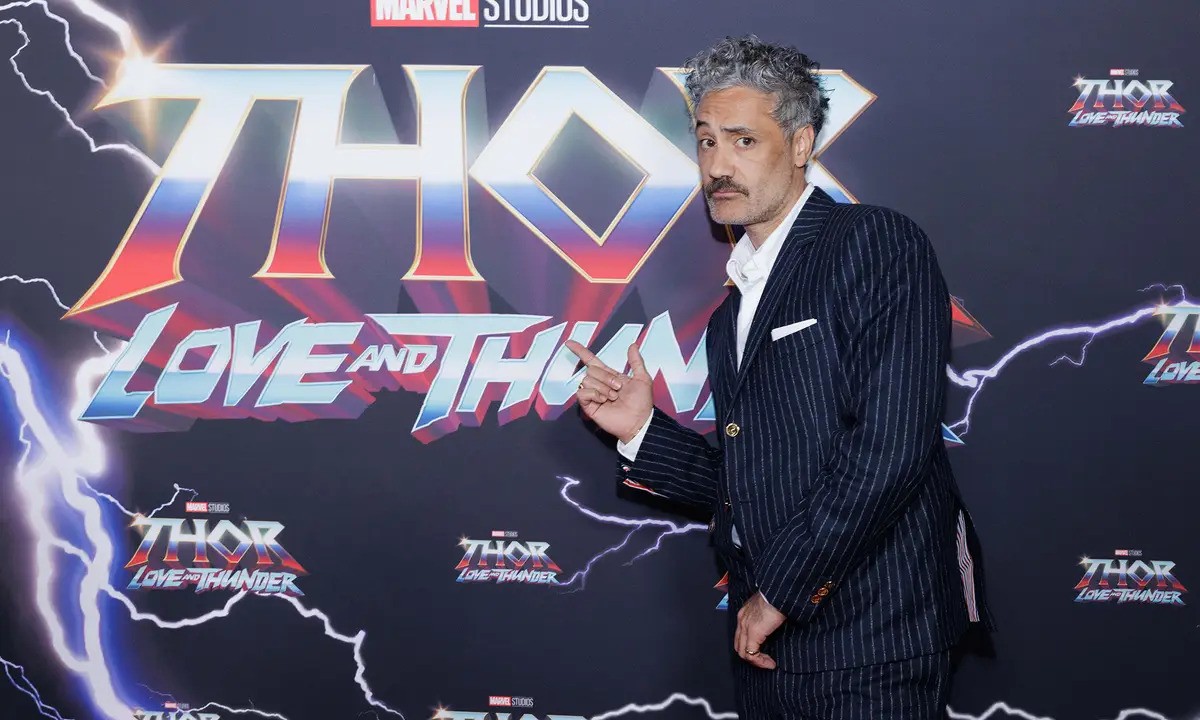
Waititi goes beyond merely defying audience expectations with his idiosyncratic, quirky storytelling style. He also actively resists conforming to the desires of studio executives. In an interview with WIRED, Waititi elaborated on his motivations for challenging the norms that come with mainstream, homogenous initiatives:
“It’s really about trying to make it interesting to myself. And not do what everyone thinks I should do. Or what they’re expecting me to do. It’s literally me trying to not do whatever the grown-ups say.”
Instead of following a formulaic, blockbuster route, Waititi grounds himself to his absurdity and vulnerability. He expands the scope of his filmmaking approach by subverting what one would expect from a specific movie. This worked wonders for Thor: Ragnarok. Audiences witnessed a lighthearted take on the title character as Taika Waititi effectively broke the mold of a traditional warrior-god superhero trope.
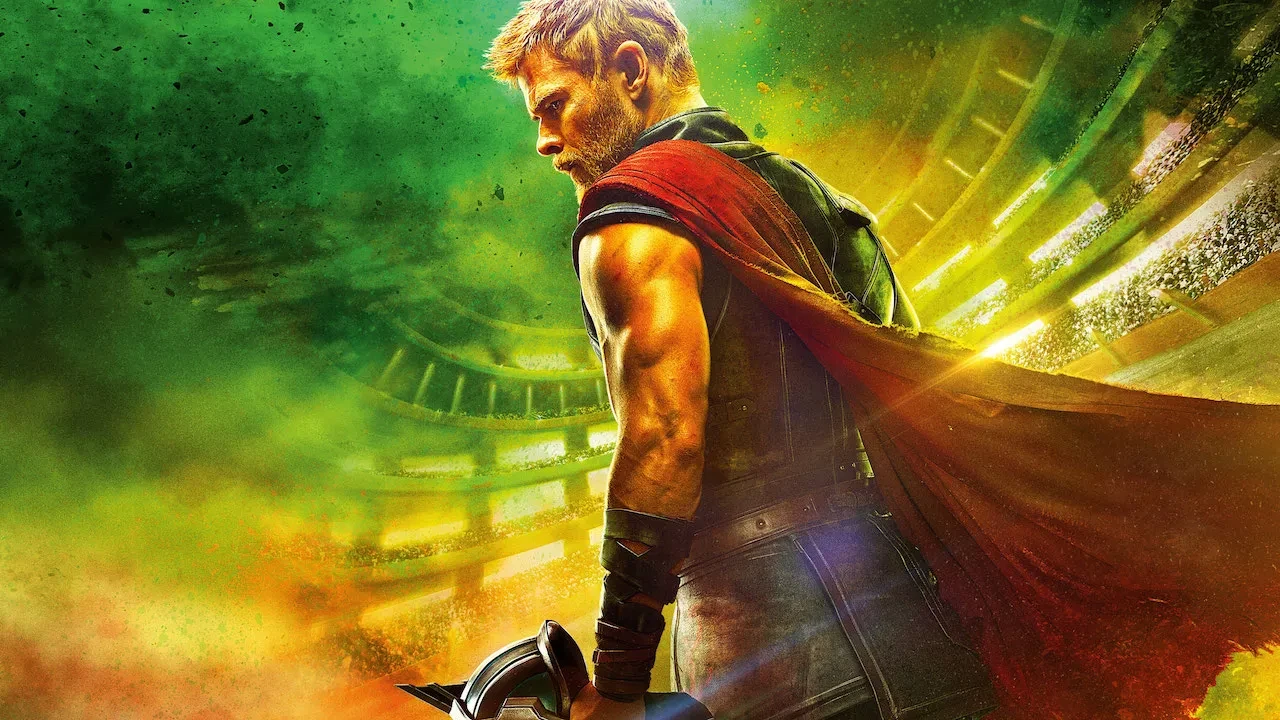
At the end of the day, there’s only so much you can do to craft a uniquely captivating concept before the monotonous elements of mainstream undertakings start to catch up with you. That is exactly what happened to the Our Flag Means Death actor. In the same interview, the Oscar-winning talent revealed his inability to revitalize the excitement of his early career and to engage in a pursuit driven solely by his own desires, free from the pressure of significant big-budget studio influences.
Taika Waititi Felt Tied Down To Mainstream Monotony
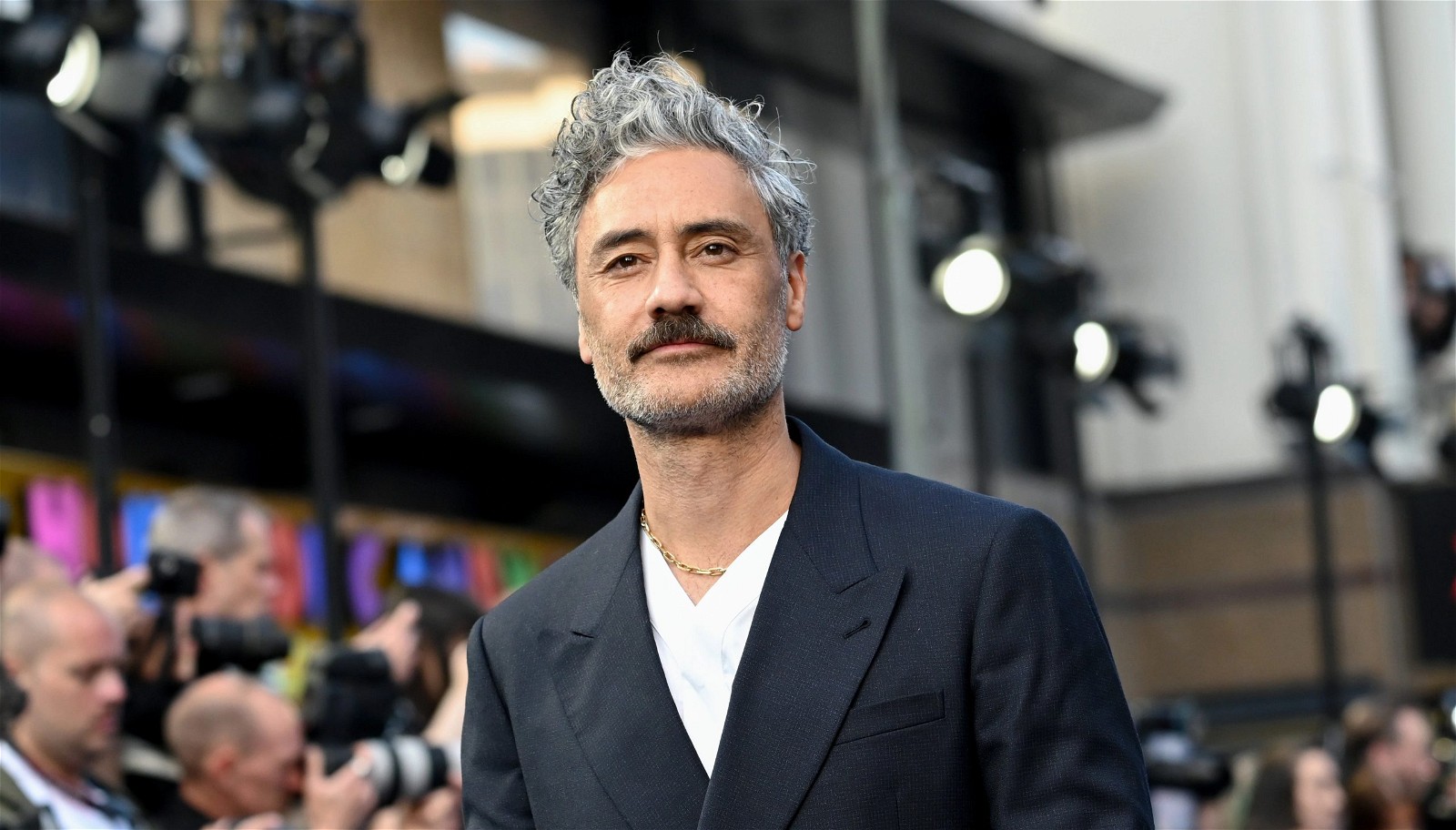
The Jojo Rabbit director expressed the detachment he felt towards mainstream projects. He reflected on his past and recalled the intense passion he once felt for writing. Currently, a significant portion of the filmmaker’s work is aimed at satisfying audiences and studio executives and providing precisely what they demand.
Following was his statement:
“I do miss the feeling where I was excited to wake up and write. So much of what I do now is associated with deadlines and with people wanting something from me. And then it starts to feel like you’re just sitting in traffic waiting to go to work.”
The Hollywood studio system is known for its homogenous, tedious work approach. The MCU is no such exception to that rule. Although Waititi’s distinct style is evident in both Thor: Ragnarok and Thor: Love and Thunder, it can be inferred that the director’s diminished enthusiasm and excitement influenced the latter installment drastically.
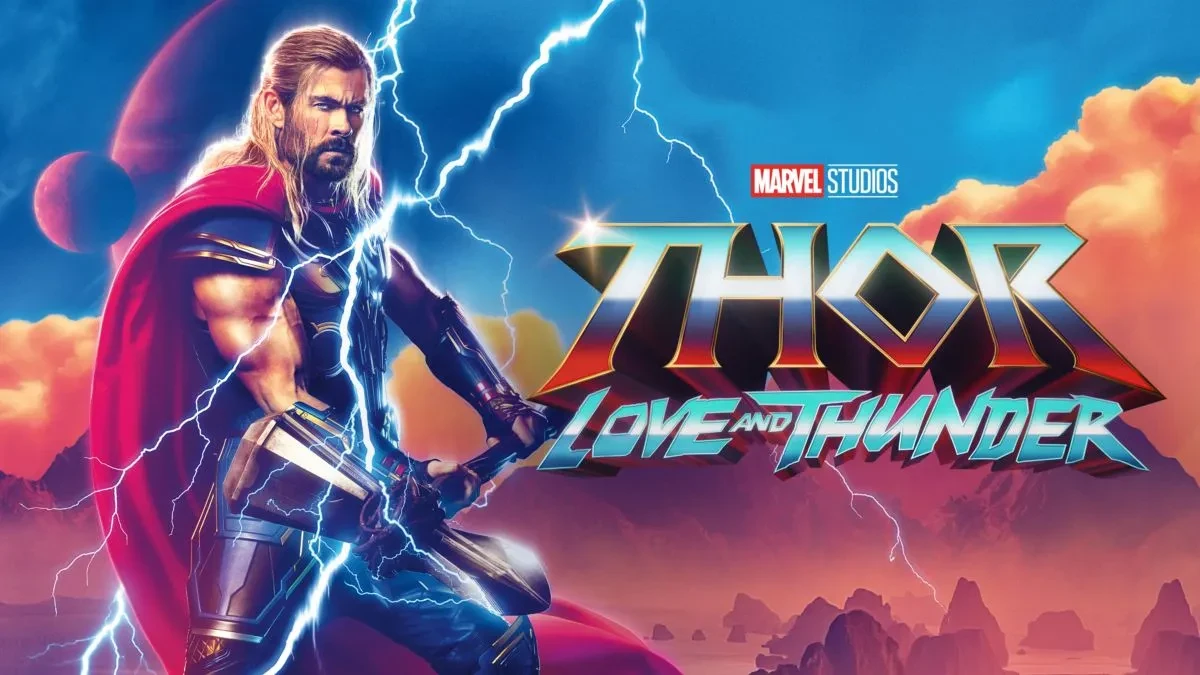
Read also: Taika Waititi Wants Someone Stronger Than Hela for Thor 5 – 5 Villains Who Fit the Bill
The prevailing mainstream infrastructure appears to be imposing constraints on filmmakers and writers, highlighting a more significant issue at play. Part of this struggle is visible in the contemporary affairs that have currently brought the movie-making system to a standstill.
With rumors of Thor 5 floating around cyberspace, we can only wonder whether or not Taika Waititi will return to helm the MCU endeavor. For now, all we know about the future of our beloved God of Thunder is that a tonal shift may be underway. A clear departure from all the idiosyncrasies witnessed in the third and fourth installments. Waititi further stated his intentions to introduce an antagonist even more formidable than Hela.
Such revelations were noted in Thor: Love and Thunder – The Official Movie Special Book.
Nothing is currently set in stone. We are yet to receive confirmation from the studio about Thor’s upcoming adventures.
Source: WIRED

